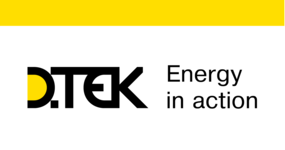Toggle High Contrast
EN
UA
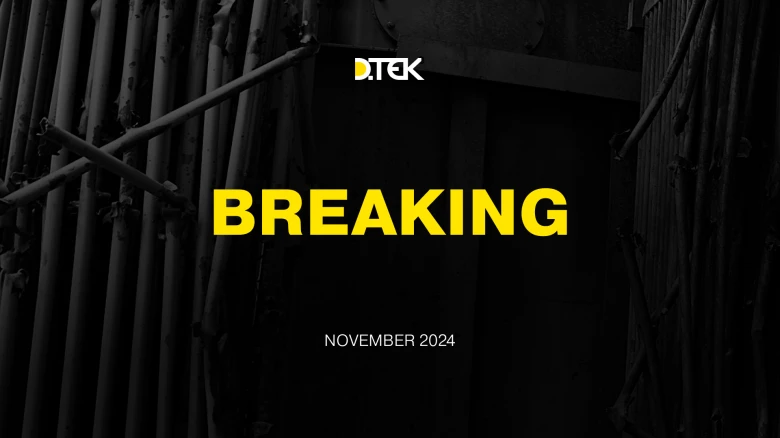
17
November
2024
russian attacks on DTEK thermal power plants and energy network cause damage ...
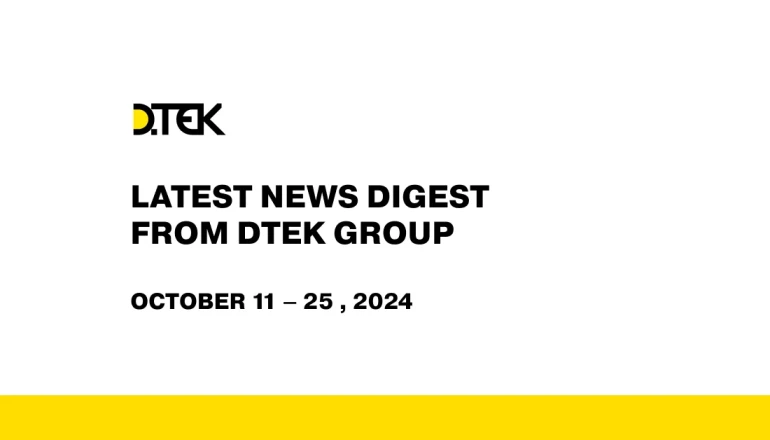
25
October
2024
DTEK Group digest from October 11 – 25 , 2024
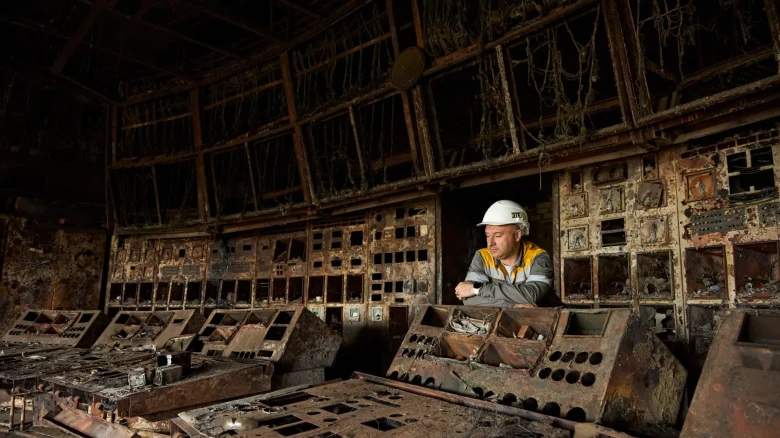
16
October
2024
‘Fight for Light’ photo exhibition opens in Brussels, telling untold stories from ...
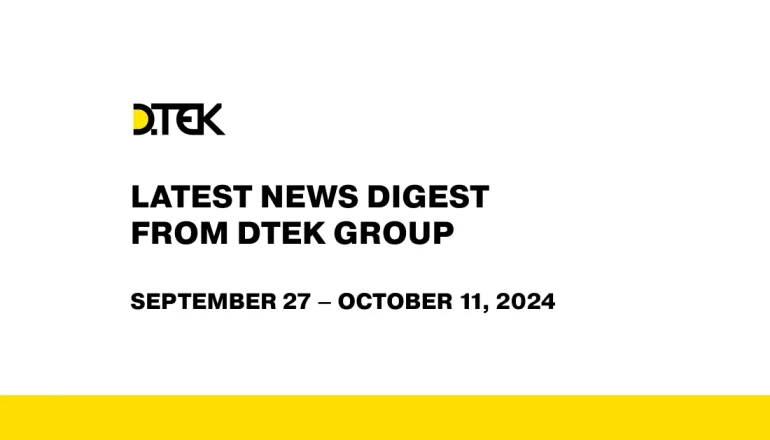
11
October
2024
DTEK Group digest from September 27 – October 11, 2024
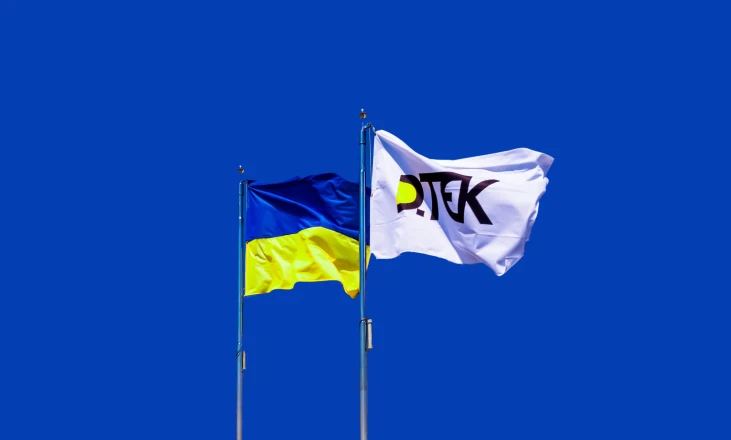
10
October
2024
DTEK announces new leaders to strengthen Ukraine's energy resilience
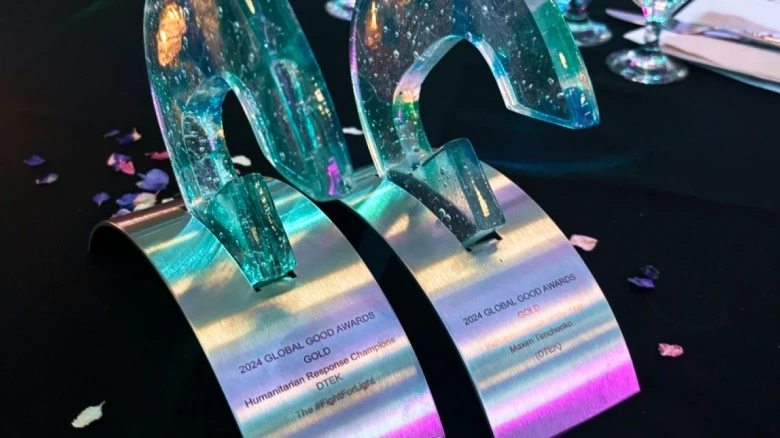
04
October
2024
DTEK takes gold at the Global Good Awards, recognising the Fight for Light and ...
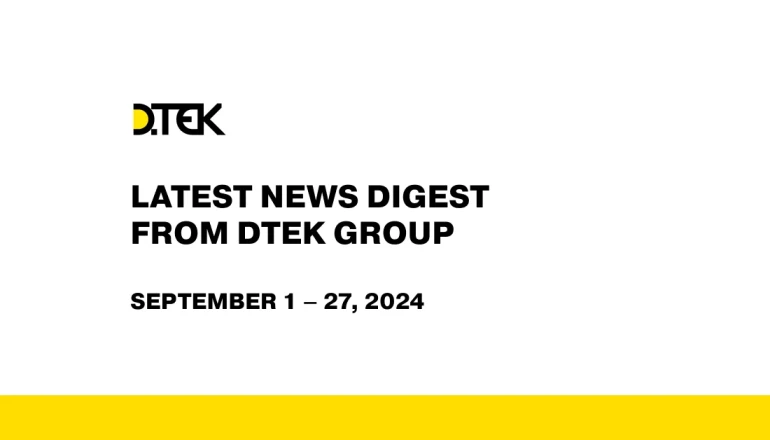
27
September
2024
DTEK Group digest from September 1 – 27, 2024
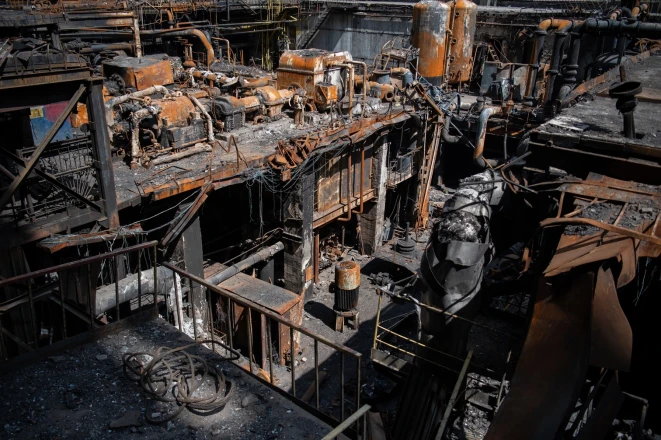
20
September
2024
UN Human Rights report says russian attacks on Ukraine’s energy system breached ...
